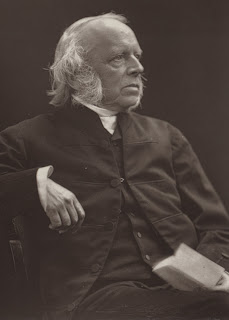There is a fountain filled with blood drawn from Emmanuel’s veins;
And sinners plunged beneath that flood lose all their guilty stains.
Lose all their guilty stains, lose all their guilty stains;
And sinners plunged beneath that flood lose all their guilty stains.
The dying thief rejoiced to see that fountain in his day;
And there have I, though vile as he, washed all my sins away.
Washed all my sins away, washed all my sins away;
And there have I, though vile as he, washed all my sins away.
Dear dying Lamb, Thy precious blood shall never lose its power
Till all the ransomed church of God be saved, to sin no more.
Be saved, to sin no more, be saved, to sin no more;
Till all the ransomed church of God be saved, to sin no more.
E’er since, by faith, I saw the stream Thy flowing wounds supply,
Redeeming love has been my theme, and shall be till I die.
And shall be till I die, and shall be till I die;
Redeeming love has been my theme, and shall be till I die.
Then in a nobler, sweeter song, I’ll sing Thy power to save,
When this poor lisping, stammering tongue lies silent in the grave.
Lies silent in the grave, lies silent in the grave;
When this poor lisping, stammering tongue lies silent in the grave.
Lord, I believe Thou hast prepared, unworthy though I be,
For me a blood bought free reward, a golden harp for me!
’Tis strung and tuned for endless years, and formed by power divine,
To sound in God the Father’s ears no other name but Thine.
By William Cowper
 David Brainerd, missionary to the American Indians, suffered immensely. For the whole of his ministry he suffered with the illness that would kill him. He faced times of depression and lonliness. He had very little of the comforts that we take for granted, often being without suitable food or accommodation. He was frequently exposed to cold and rain which did not help his poor health. Yet for all this he did not look to the food and shelter and other outward comforts for his comfort, his eyes were fixed elsewhere. Listen to what he says in his journal:
David Brainerd, missionary to the American Indians, suffered immensely. For the whole of his ministry he suffered with the illness that would kill him. He faced times of depression and lonliness. He had very little of the comforts that we take for granted, often being without suitable food or accommodation. He was frequently exposed to cold and rain which did not help his poor health. Yet for all this he did not look to the food and shelter and other outward comforts for his comfort, his eyes were fixed elsewhere. Listen to what he says in his journal:



















